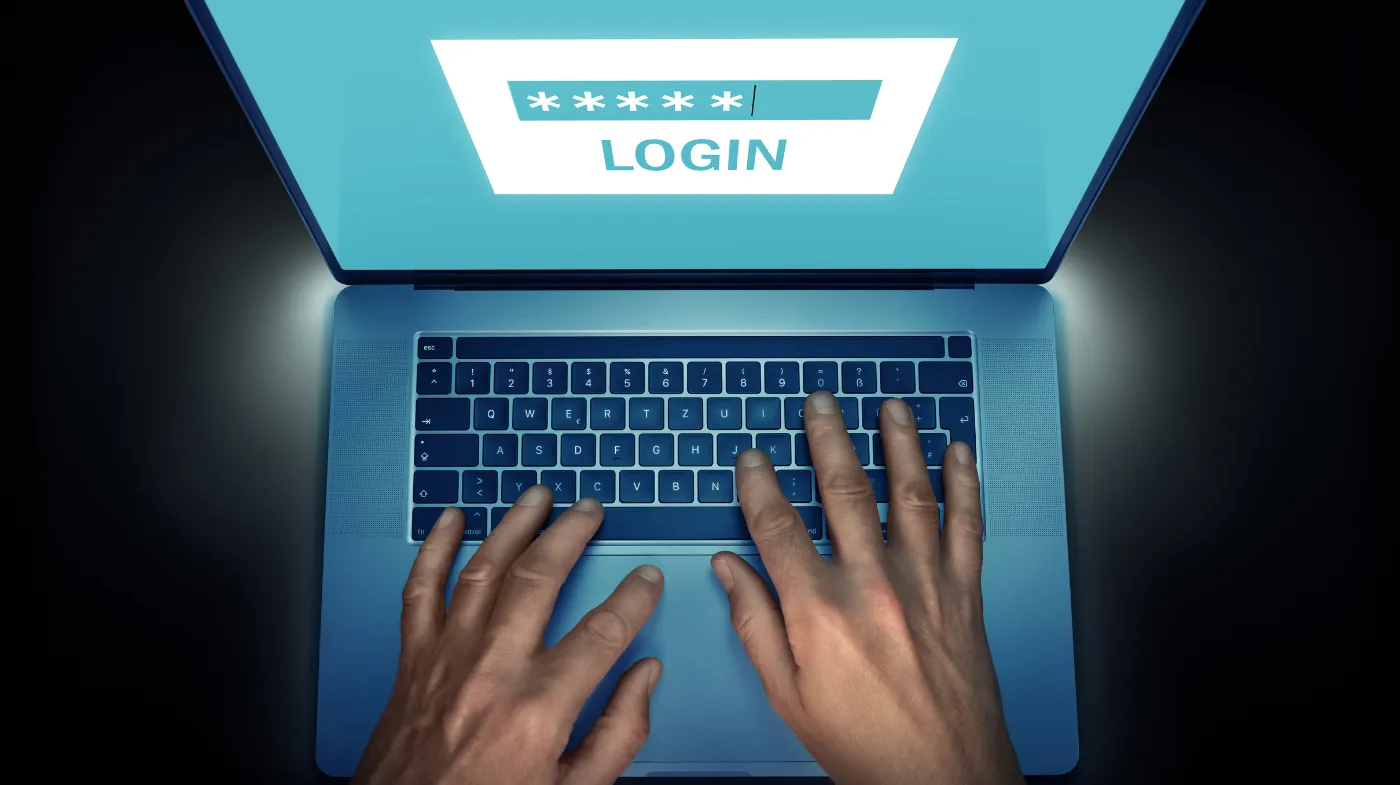
A single compromised password can unlock the door to an organization’s most sensitive data. From startups to global enterprises, password-related breaches rank among the top cybersecurity threats, often from weak, reused, or poorly managed credentials.
Enter the centralized password manager, your organization’s first line of defense and productivity booster, rolled into one. More than just a secure vault, the best password managers are sophisticated platforms that enforce policy-driven access, eliminate password fatigue, and empower both IT teams.
Whether you’re leveraging the Google Password Manager for personal use or seeking the Most Secure Password Manager for your enterprise, the benefits go far beyond convenience. This guide explores the critical advantages of centralized password management.
Key Benefits of Using a Centralized Password Manager
A centralized password manager offers several key benefits that enhance security and efficiency. You can gain:
1. Centralized Control
Centralized control through a password manager offers significant advantages for organizations aiming to enhance their security posture. By enabling IT administrators to manage all password-related activities from a single platform, you guarantee consistent adherence to best practices.
This centralized approach allows you to enforce strong password policies and mandate regular updates of credentials, mitigating potential vulnerabilities. Consolidating password data not only streamlines management but also reduces the risk of breaches, as you can quickly identify and address security gaps.
Additionally, centralized control facilitates auditing and compliance, providing you with an extensive overview of password practices within your organization.
2. Faster Logins
A robust password management system not only enhances security but also greatly accelerates login times. With features like autofill and seamless browser integrations, you can access your accounts in mere seconds.
Whether you’re leveraging Google Password Manager or a third-party solution, these centralized tools optimize the login process while maintaining high-security standards. This efficiency is particularly beneficial for teams that navigate multiple platforms, as it minimizes time spent on authentication.
By streamlining the login experience, you enhance productivity and reduce the cognitive load of remembering various passwords. Ultimately, faster logins not only simplify your daily tasks but also empower you to focus on more critical aspects of your work.
3. Reduced Password Fatigue
When you rely on a centralized password manager, you effectively alleviate the mental burden of remembering numerous unique passwords. This tool securely stores and auto-fills your credentials, drastically reducing cognitive load. Instead of struggling to recall various combinations, you can focus on more critical tasks.
The password manager encourages you to adopt stronger security practices, steering you away from the risky habit of reusing weak passwords. By simplifying access to your accounts, it enhances your overall digital experience, allowing you to engage with online services more confidently.
4. Easy Password Generation
With a built-in strong password generator, you can create complex, unique passwords with just one click, greatly enhancing your security. This automated solution eliminates guessable patterns, which are often exploited by attackers.
Additionally, the most secure password managers offer customizable options, allowing you to specify parameters like length, symbols, and numbers. This flexibility guarantees compliance with various security standards and organizational policies.
By using this feature, you save time and reduce the cognitive load associated with remembering multiple passwords. Consequently, you can focus on more critical tasks, knowing your accounts are protected by robust, randomly generated passwords.
5. Secure Onboarding and Offboarding
When you onboard new employees, you can quickly grant access to shared credentials, ensuring they have the necessary tools from day one. This efficiency reduces delays and helps maintain productivity.
Conversely, when employees leave, you can promptly revoke access, which is essential for preventing unauthorized entry to sensitive information. This centralized control mitigates risks associated with personnel changes, ensuring that data remains protected at all times.
6. Reduced Support Desk Workload
While many organizations face a considerable volume of IT support tickets related to password issues, implementing a centralized password manager can dramatically alleviate this burden. A major chunk of those tickets often revolves around password resets, consuming valuable time and resources.
With a centralized password manager, you empower users to reset or recover their passwords independently. This self-service functionality not only streamlines the process but also considerably reduces the strain on your support teams.
7. Secure Password Sharing
Centralized password managers facilitate this by enabling encrypted sharing without exposing actual passwords. This approach mitigates risks associated with traditional sharing methods, such as email or unencrypted messaging.
Features like role-based access allow you to control who can view or edit credentials, ensuring that sensitive information is only accessible to authorized users. Additionally, audit logs track who accessed what data and when promoting transparency and accountability within your organization.
Is password manager essential?

Utilizing a password manager is essential for both individuals and organizations. These tools simplify complex password management, allowing you to generate, store, and retrieve unique passwords securely.
By doing so, they considerably reduce the risk of password reuse, which is a common vulnerability. In a landscape where phishing attacks and data breaches are rampant, relying on memory alone is insufficient.
Password managers encrypt your data, ensuring that even if cybercriminals access your vault, they can’t easily decipher your passwords.
Is password manager better than using your own password?
The reality is, using a password manager greatly enhances your security. By automatically entering your login credentials on screens, or allowing you to copy and paste passwords, these tools eliminate the risks associated with writing down passwords.
When you use a password manager, you can generate unique passwords for every account, reducing the likelihood of a breach from reusing similar passwords. This level of complexity is hard to achieve manually, especially when juggling numerous accounts.
How does a strong password generator help improve security?
It creates long, complex, and random passwords that are virtually impossible to guess. By utilizing a combination of upper and lower case letters, numbers, and symbols, these generators greatly increase the entropy of your passwords.
This complexity acts as a barrier against brute force attacks and other malicious attempts to breach your accounts. Additionally, because you won’t rely on easily remembered or commonly used passwords, you eliminate predictable patterns that hackers often exploit.
Are password managers safe to use for sharing credentials?
Most password managers offer secure sharing methods where your password is encrypted, ensuring that only authorized users can access it. This approach mitigates risks associated with sharing credentials via email or chat, where data can be intercepted.
Encryption standards, such as AES-256, provide robust protection, while additional features like two-factor authentication enhance security further. By utilizing these secure sharing options, you can confidently collaborate without exposing your credentials to unnecessary threats.
Stay Ahead of Cyber Threats with Centralized Protection
In today’s digital age, using a centralized password manager is like having a secure vault for your most valuable treasures. It not only simplifies your password management but also fortifies your defenses against breaches.
Enforcing strong password policies and enabling secure credential sharing, enhances operational efficiency and security. Embracing a centralized solution guarantees that you’re not just keeping pace with security demands but also proactively safeguarding your organization’s sensitive information.
